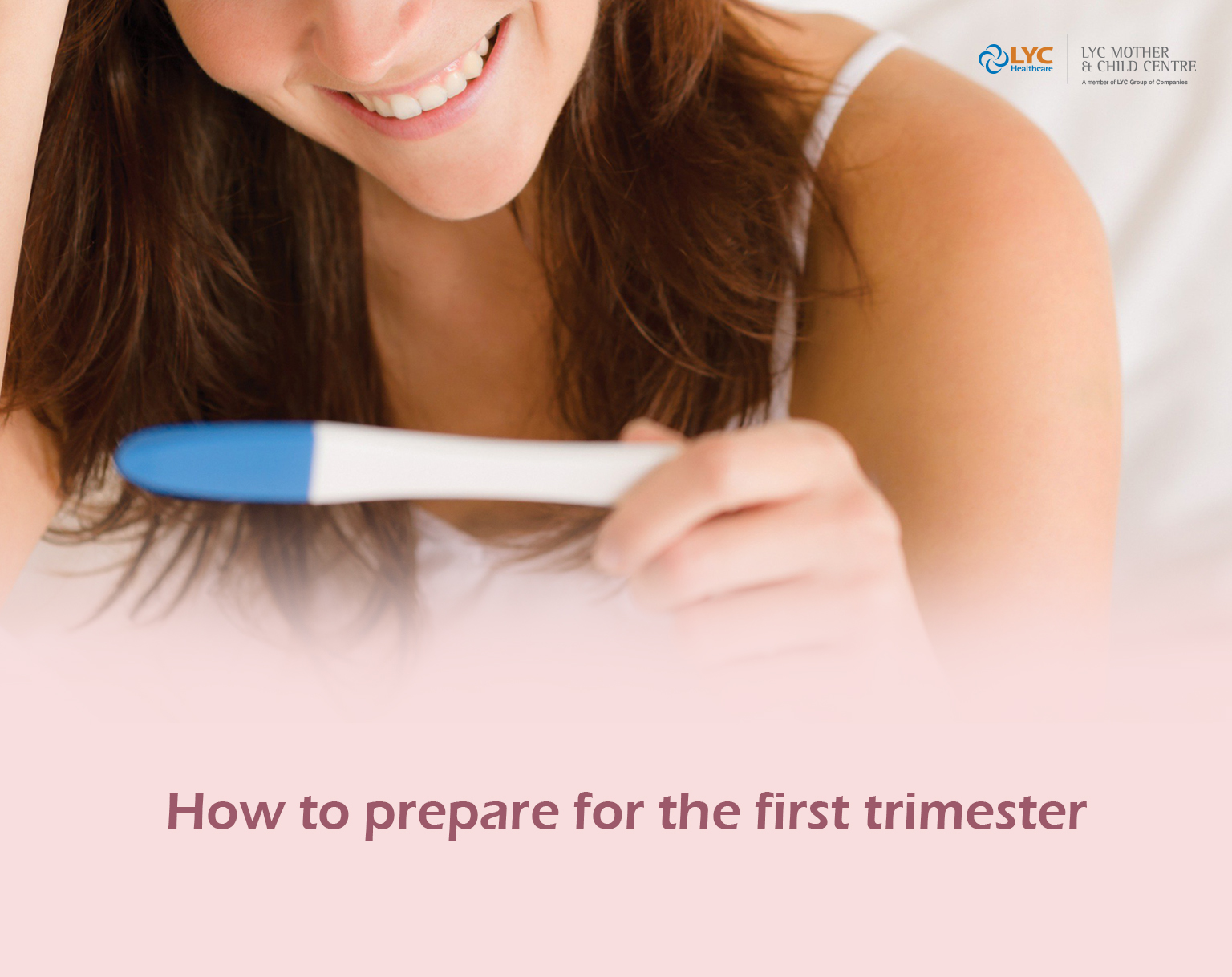
From the moment you learned that you are pregnant, you may feel a flood of emotions and questions. Although the first trimester of pregnancy brings many changes to both mummy and baby, many changes are invisible to the outside world. Let's learn about what changes your body goes through in the first trimester, and how to stay healthy.
Generally, the full-term pregnancy of a mother is about 9 months. According to the changes in the mother and the baby, it is generally divided into three stages of pregnancy, namely the first trimester, the second trimester and the third trimester.
During the first three months of pregnancy, commonly referred to as the "first trimester”, the placenta is forming in the mother's body. Actually, you are considered pregnant when the egg is fertilised. Therefore, the calculation of the first trimester is based on the 1st day to the 12th week of your last period, because most mothers who conceive naturally cannot confirm the date of conception.
During the first trimester, some women experience nausea, or "morning sickness," which can occur at any time of the day. Keep in mind that every pregnancy experience is different for mothers. Some mothers have a good appetite, others develop an aversion to food, and some may even lose their appetite.
Other changes in the first trimester include changes to the breasts, which become more tender, larger, and heavier, as well as an enlarged uterus that puts pressure on the bladder, requiring frequent urination.
During the first trimester, moms may experience a range of emotions. Hormonal changes can make you moody or irritable, and you can feel tired easily in the first few months. These feelings are actually quite normal. If you feel down or even anxious, talk to a doctor or nurse.
In the first trimester, the baby will gradually develop from a fertilised egg into a fetus measuring about 6 cm in length. When you are about to enter the second trimester of pregnancy, your baby's heart will start beating, the brain, stomach and intestines are also developing, and your baby’s arms and legs will begin to grow.
Prenatal examination, which can be carried out by obstetricians, is an important measure to ensure the health of both mummy and baby in early pregnancy. During the first antenatal health check, you may have a urine or blood test to medically confirm the pregnancy. Prenatal health checks in the first trimester are usually performed every 4 to 6 weeks, depending on the health of the mother and the development of the baby.
Many mothers will have an ultrasound scan around week 12 and may hear their baby's heartbeat during the scan. Aside from checking your health condition, this ultrasound can also confirm if you are expecting twins or multiple births, and can assist you in estimating your baby's size and due date.